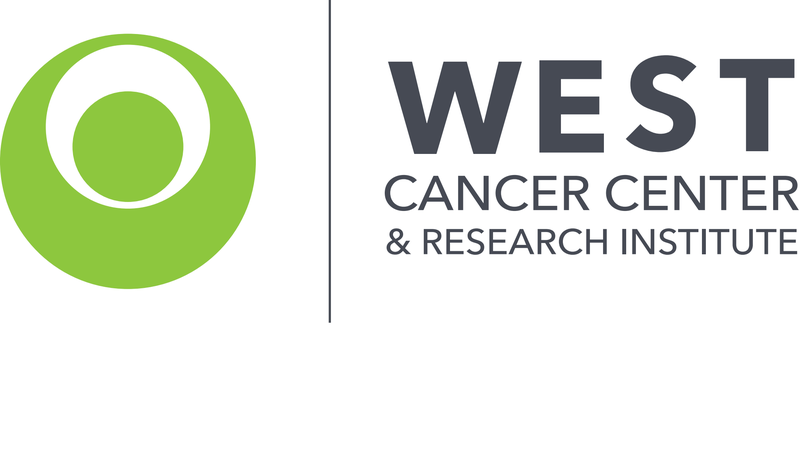
Dr. Gieschen on the Side Effects of Radiation Therapy in NSCLC

Holger L. Gieschen, MD, assistant professor, Department of Radiology, the University of Tennessee Health Science Center, radiation oncologist, West Cancer Center, discusses the safety profile of radiation therapy in patients with non–small cell lung cancers (NSCLC).
Holger L. Gieschen, MD, assistant professor, Department of Radiology, the University of Tennessee Health Science Center, radiation oncologist, West Cancer Center, discusses the safety profile of radiation therapy in patients with non—small cell lung cancer (NSCLC).
Side effects of radiation may include skin reactions and some irritation of the lung. Physicians will usually differentiate between acute side effects that may occur when the patient is undergoing treatment and long-term side effects that may manifest months or years after the treatment.
The acute side effects are usually transient and are not cause for concern. Long-term side effects can result in lung fibrosis and diminished lung volume and capacity. As in surgery, the concern is a patient’s insufficient lung capacity after treatment.
One of the most significant side effects that can result from radiation therapy is radiation pneumonitis, which is not due to bacteria or infection, but the radiation itself. Some of these patients require steroid treatments which can be difficult to handle.






































